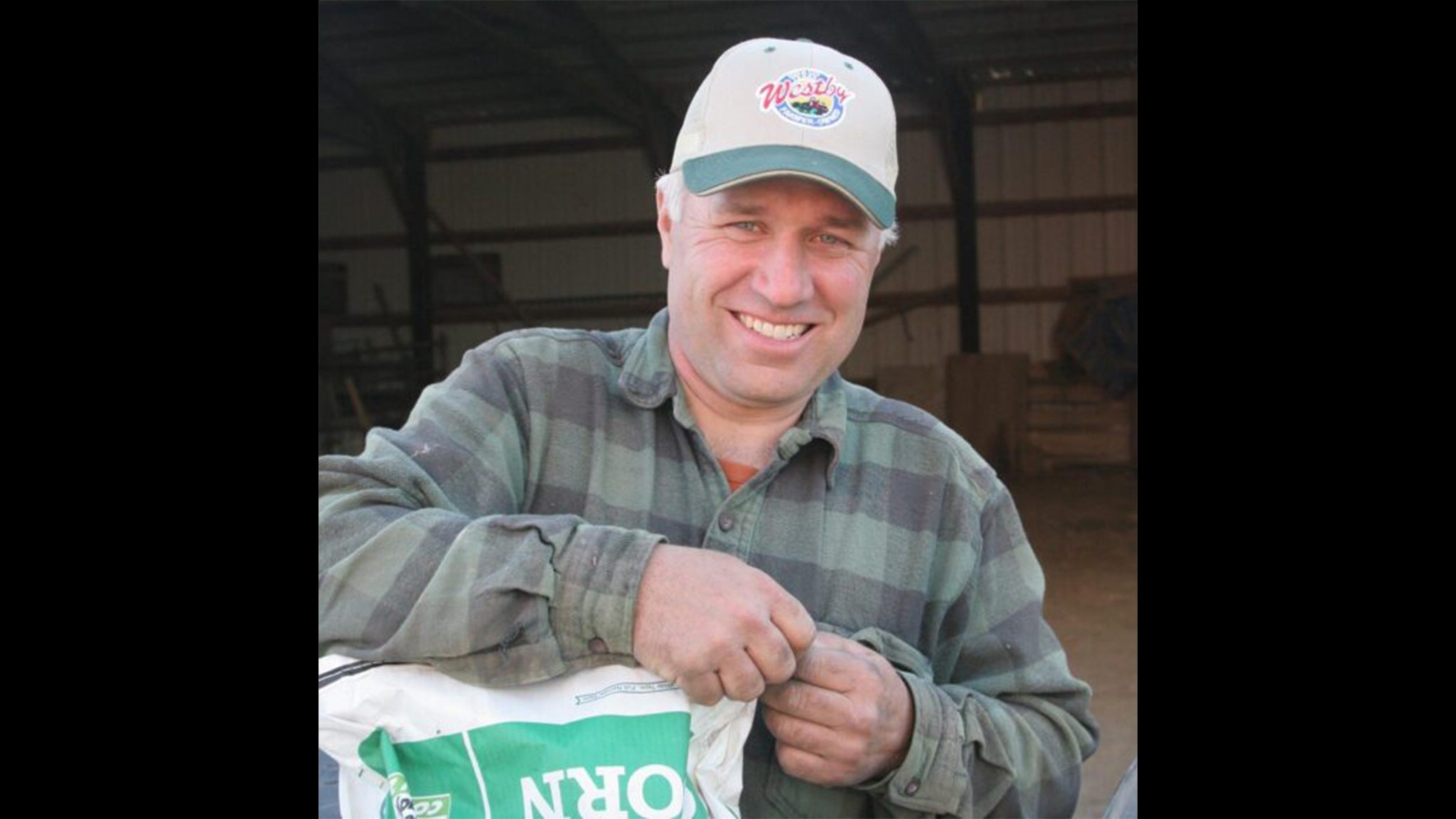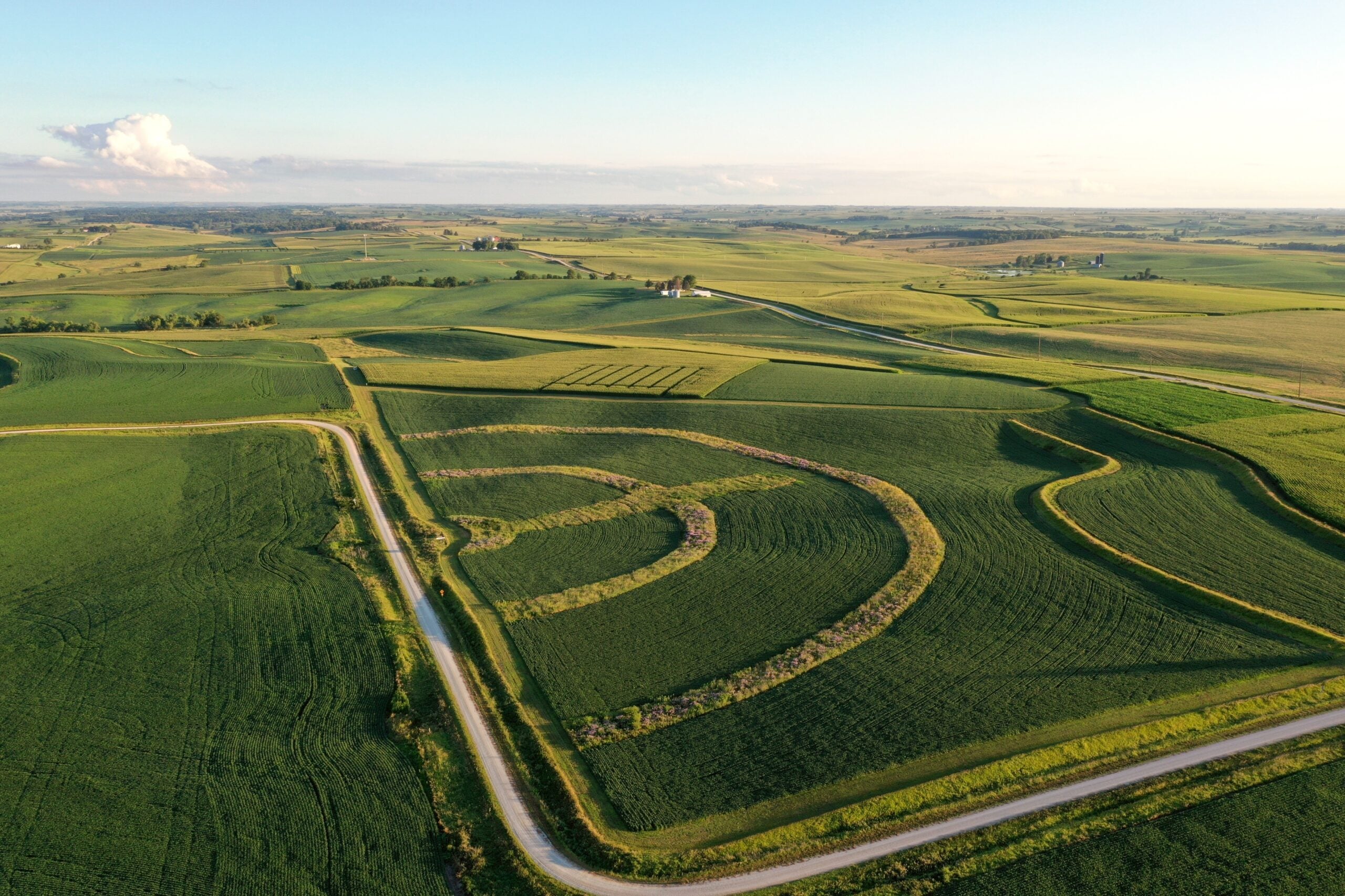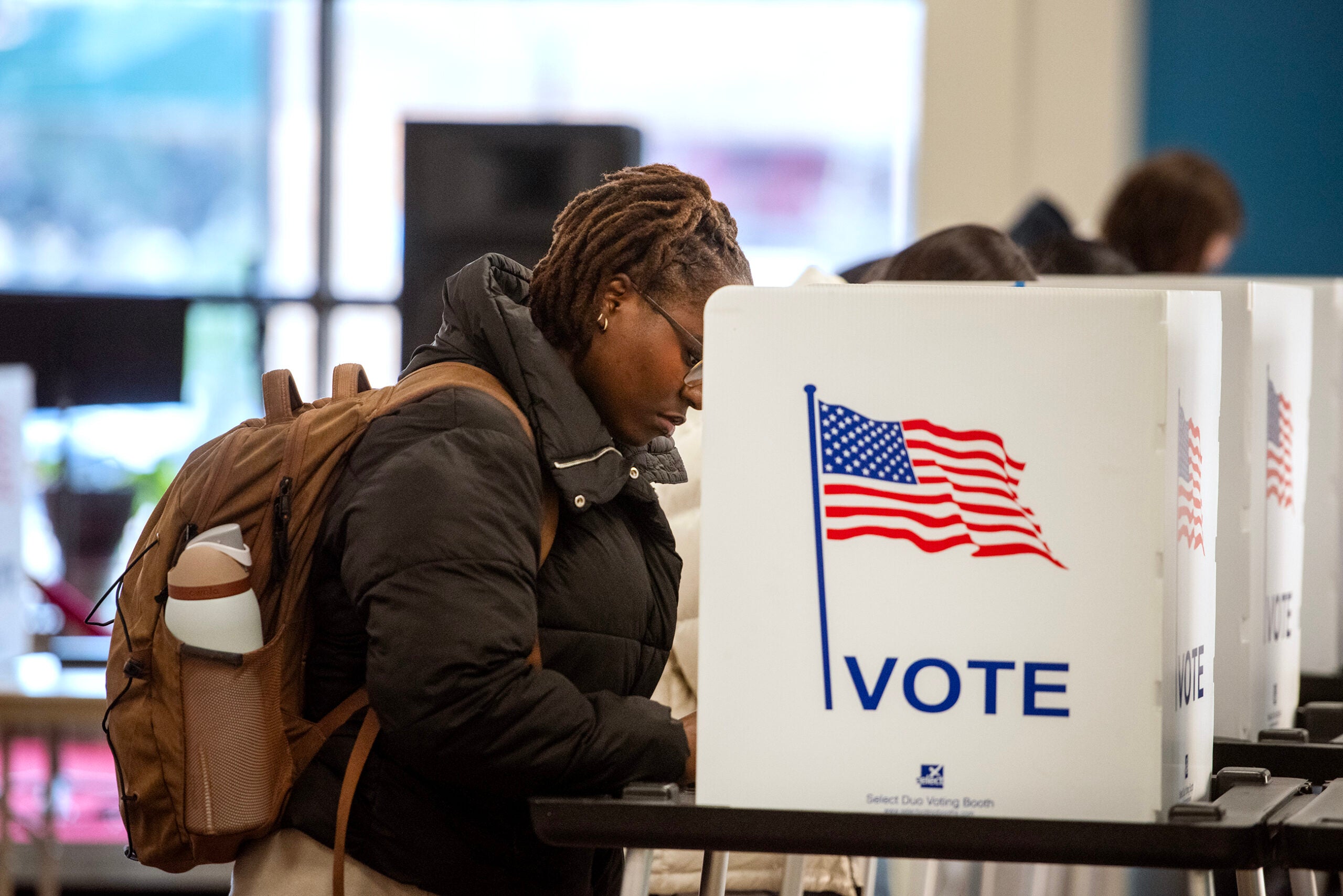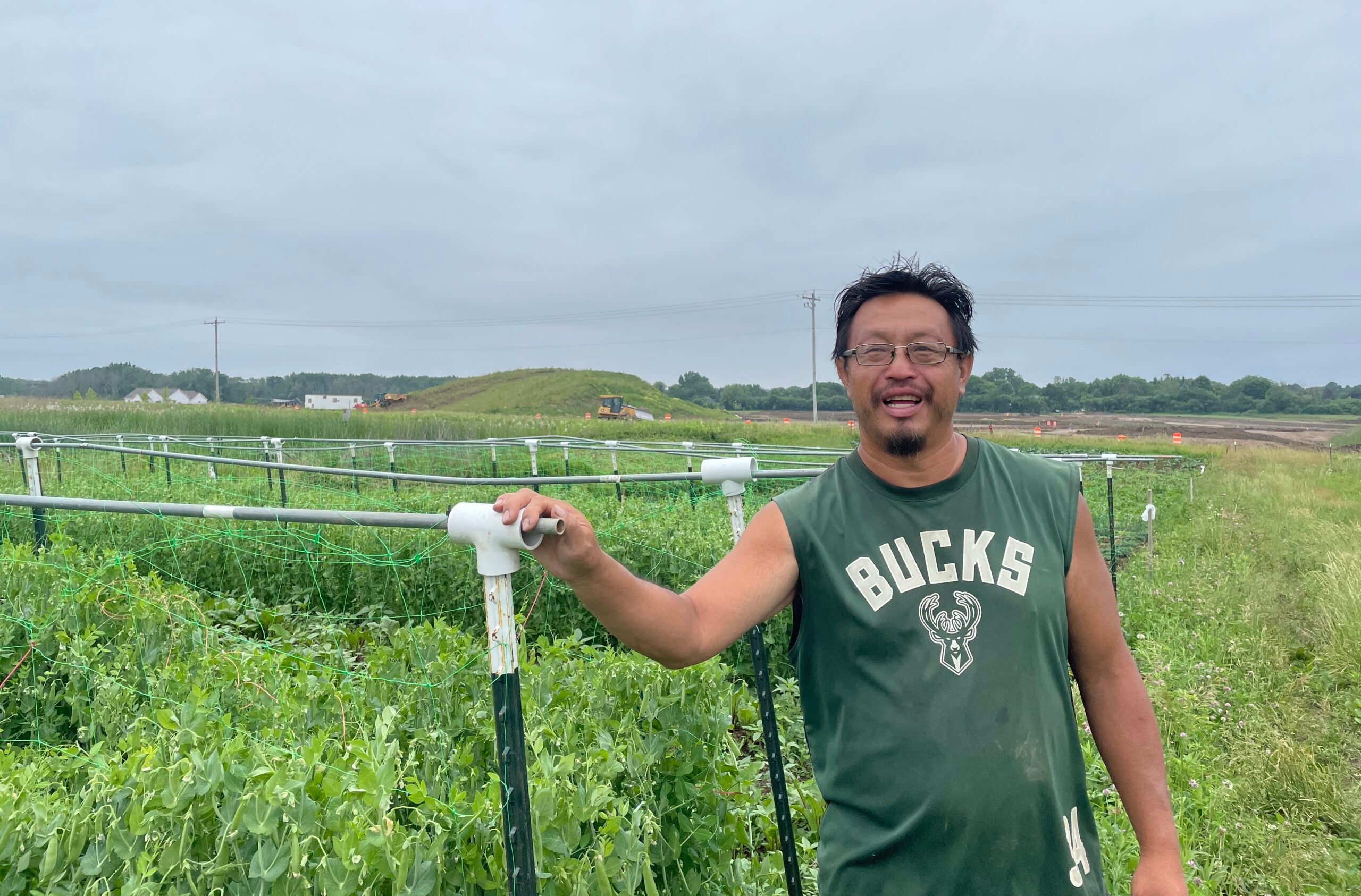The needs of Wisconsin’s farmers are front and center in the reelection campaign of Rep. Loren Oldenburg. The Viroqua Republican works the same farmland his parents and grandparents did.
Voters in Southwestern Wisconsin will elect a 96th State Assembly representative on Nov. 5. Incumbent Oldenburg has been in office for six years. But this is the first election held since district lines were redrawn and approved by the Republican-controlled State Legislature and Democratic Gov. Tony Evers.
Challenging Oldenberg in the upcoming election is former La Crosse County Supervisor Tara Johnson, a Democrat. Oldenburg spoke with WPR’s Ezra Wall on “Morning Edition.” WPR also interviewed Johnson.
News with a little more humanity
WPR’s “Wisconsin Today” newsletter keeps you connected to the state you love without feeling overwhelmed. No paywall. No agenda. No corporate filter.
This interview has been edited for brevity and clarity.
EW: What are your top legislative priorities for the district?
LO: This is actually my 4th run. I’ve been in the State Assembly for six years. Looking forward to continuing to serve the people, continuing what I’ve been doing, representing everyone.
Once you’re elected, you throw away the “R” or the “D” behind your name. You represent everyone. So every situation and every circumstance that comes up, I address it on an individual basis and go from there.
As far as my priorities, I have an agriculture background. I still farm my family farm, which has been in my family for almost 150 years. Agriculture is definitely important.
That leads right into the conservation practices. I’ve finally got my farmland preservation bill passed this last year. It took three tries to get it through. I also got a pre-disaster flood resilience bill passed. The governor signed it in April of this year. I’ll also continue my strong support youth apprenticeship. We put $7 million in the last budget and I look forward to continuing to do that in the future.
EW: What are your plans to ensure schools are adequately funded and staffed?
LO: This last budget we put $1 billion more money into K-12 education. We have to continue to fund schools where they need to be. Also, I think something that schools are really struggling with is the decline in enrollment.
In La Crosse, over the last 10 years, they’ve lost 100 students per year. That’s roughly a $1 million impact to state aid funds in their budget. And so all schools throughout my district — rural districts, bigger districts — are struggling to keep their enrollments up.
Some are increasing, I’m sure. But where they’re declining, we have to address those issues and figure out how we can help out the school boards and the school districts to move forward and be able to teach those kids.
EW: A recent report indicates that Wisconsin could benefit significantly from expanding Medicaid coverage for the working poor. Would you be in favor of that?
LO: I definitely would consider it. I’ve considered it in the past, but it seems like there’s not a lot of stomach in my caucus to move forward.
Now, with an increase in inflation, we definitely have to look at that. But that extra billion dollars or whatever it is, it’s one-time money. Where do we put that money?
I’d like to see it put in reimbursement rates for hospitals, dental, nursing homes. But if we do that, will that make our private insurance premiums come down? You know, if we’re just giving them more money and the hospitals are taking it, I don’t believe that’s a good use of the money.
EW: What changes or updates to Wisconsin’s abortion law do you support, if any?
LO: As you know, this spring or whenever it came through, I supported putting a referendum to the people with exceptions of rape, incest, life of the mother — it would allow abortions up to 14 weeks. The current law is 20 weeks.
It’s not the 1849 law. I truly believe a referendum is the correct way to go about this. Not just one question, put maybe two or three different questions for people to really have a good chance to weigh in on what they want, what they can live with, and then we could move forward from there.
One problem is with a split government, it would be hard to get the governor and the legislators all on the same page to get a referendum to the people so they can actually vote on it.
EW: How do you plan to balance economic development with environmental preservation, particularly regarding water quality and land use?
LO: You know, maybe there’s a misconception out there. Us farmers are stewards of the land. I mean, that’s our livelihood. You know, that’s how we make a living. So we want to save our soils, keeping them on the land instead of washing down into the creek. Keep the water on the ground, you know, through cover crops, through farming practices.
That’s why my farmland preservation bill that actually got passed will give tax credits to these farm farmers or landowners to actually implement good farming practices. So I don’t see, in Vernon County or even up here in La Crosse, a lot of urban sprawl that’s really affecting or taking away farmland. I don’t see to the level where it would be detrimental to the farming community.
But every situation is going to have to be looked at so that it does not hurt the water or the land. Because there’s only one land that we have; we can’t make any more of it. And as a fourth generation farmer, I understand that.
Loren Oldenburg faces Tara Johnson in the election on Nov.5. The winner will represent the 96th District in the State Assembly. For all of WPR’s election coverage, including presidential, congressional and legislative races, visit wpr.org/election2024.







